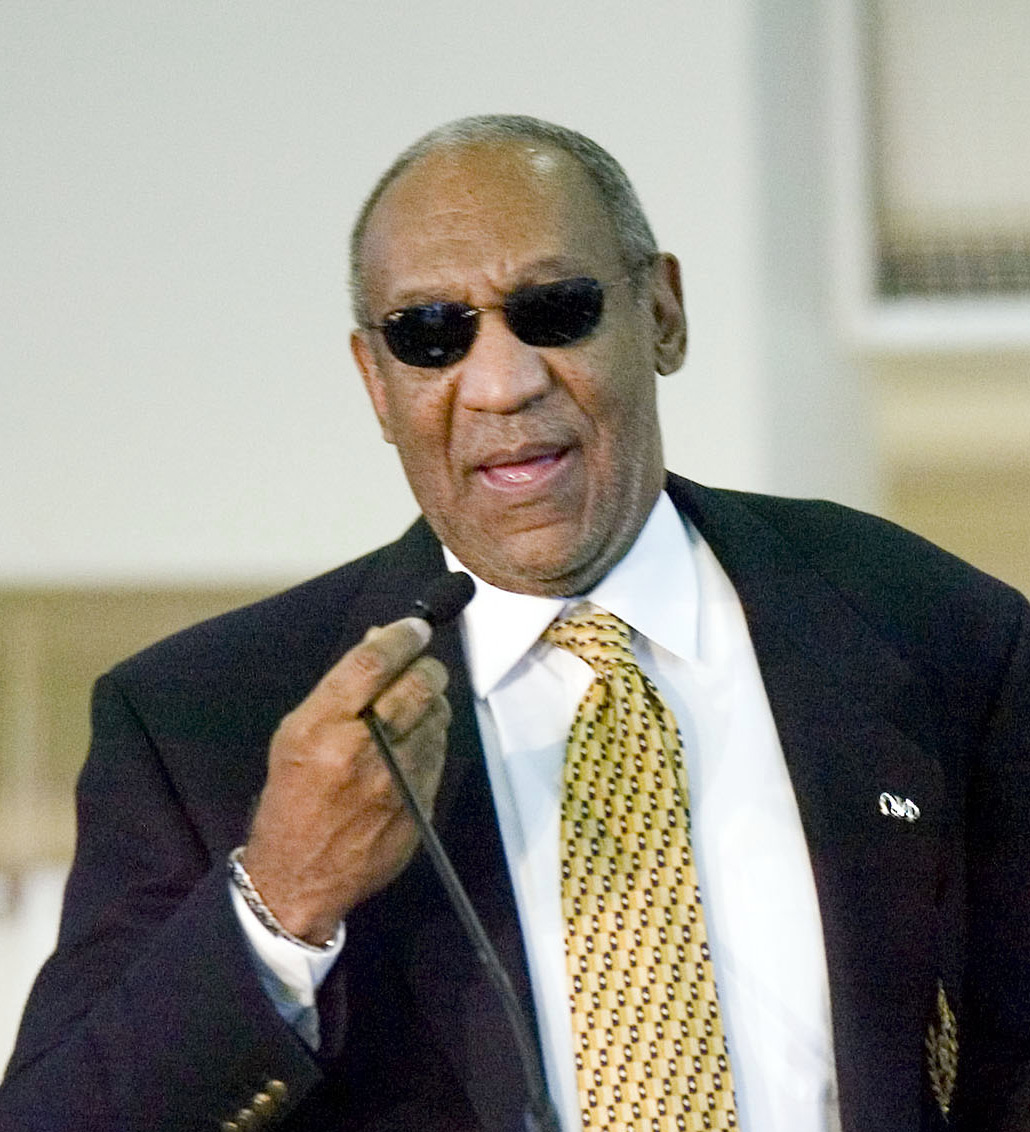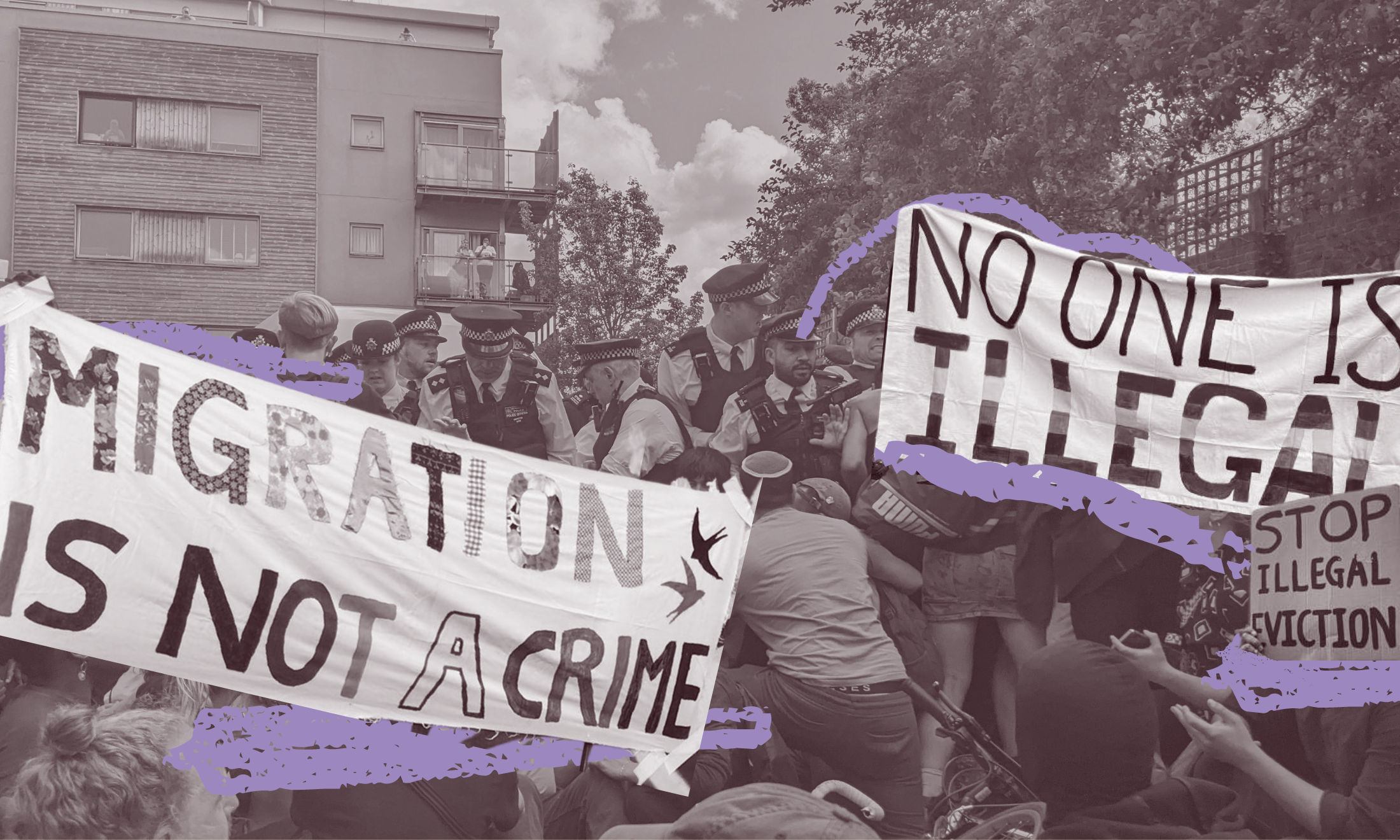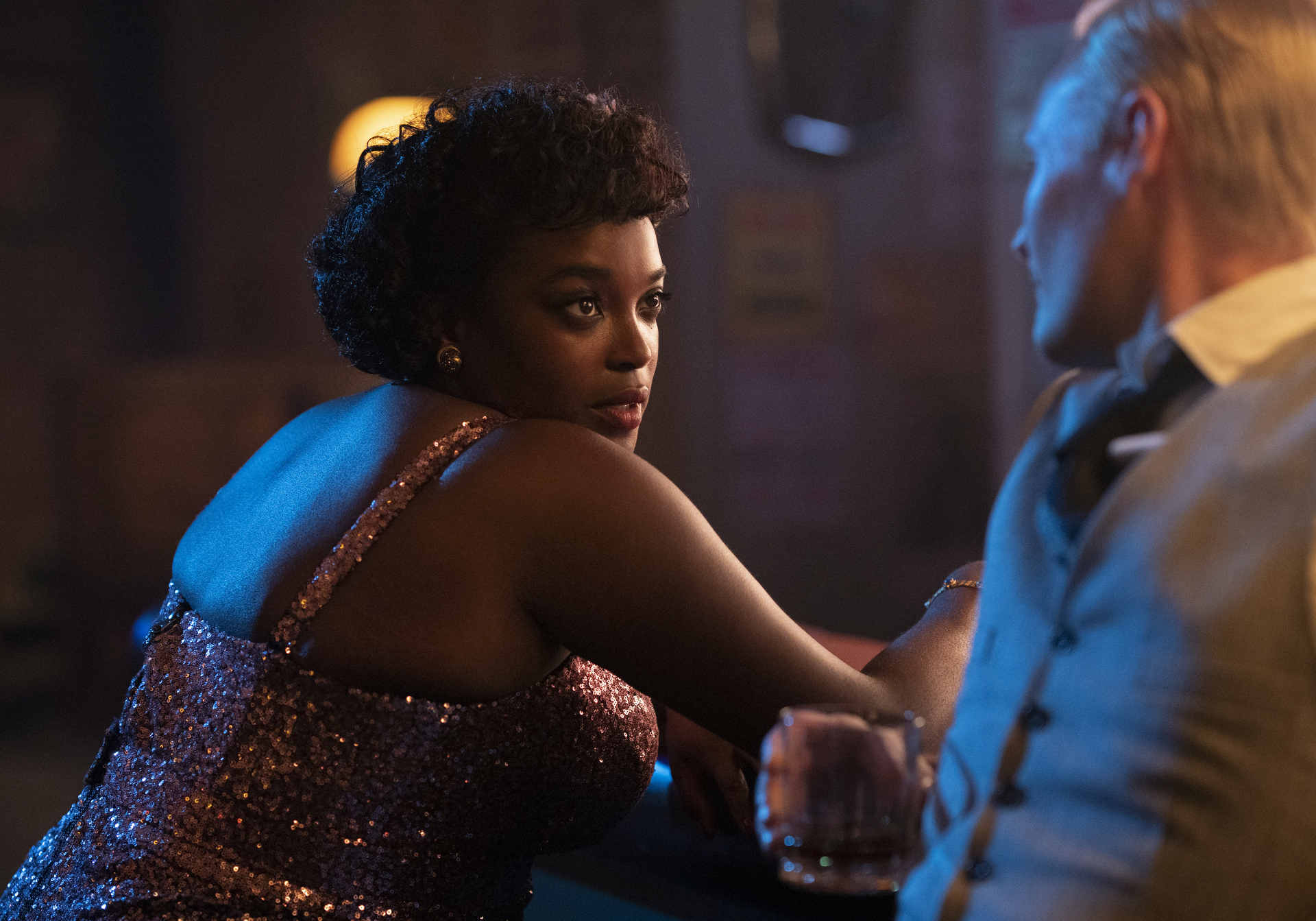
The judicial system has largely failed to protect the rights and freedoms of black and minority ethnic communities around the world. The US in particular, has a history tarred by wrongful persecutions and unjust murders of black people that are constant reminders that the systems in place do not support us – so we’ve become our own allies. Solidarity amongst the black community is the reason that so many take to the streets with banners and posters, chanting “Black lives matter”, a painstakingly obvious statement, that somehow so desperately needs to be said. In attempts to sweep the unjust deaths of innocent black lives under the rug it is black solidarity that lifts up the memory of Trayvon Martin, Sandra Bland, Tamir Rice and a devastating amount of others. When their killers walk away unpunished, it is black solidarity that unites us as we mourn yet another unjust loss, and motivates us to fight for change.
Additionally, the media seem to ignore black success, but are quick to highlight our fallbacks in what feels like a calculated attack on our progress as a community. We’re consistently portrayed as ‘aggressive’, ‘thuggish’, ‘loud’, ‘crazy’ and ‘guilty’ and we’re over it. Our frustrations over the last few years have led to a widespread demand for change, creating movements and projects set out to achieve this. It feels like the start of something significant and it’s amazing to witness and be a part of. I can’t help but wonder though, if the determination to stick together and fight negative representations is clouding the judgement of some in their opinions of Bill Cosby, in light of the sex abuse scandal surrounding him.
When over 50 women came forward claiming that Bill Cosby had sexually abused them, I was reminded of the various other public figures that have recently been outed as sexual abusers, such as Rolf Harris and Jimmy Saville. There are similarities, in that these cases all involve well respected and loved entertainers who have been accused of committing terrible sex crimes spanning the length of their careers. One of the main differences between them however, happens to be the public response to these claims.
In both cases, charities and companies have ended their associations with the assumed sex offenders; their work which was once considered legendary, is now tainted and it seems like many are on the side of their alleged victims. However, Cosby – unlike Saville –seems to have a troupe of passionate supporters who are confident in his innocence, and it just so happens that most of these supporters are black.
I’ve seen countless pictures, videos and comments stating that this is all a conspiracy against Cosby – a positive, black public figure who ‘they’ can’t stand to see succeed. They cite Cosby’s attempt to buy NBC as the catalyst for the allegations, not taking into account that Cosby’s pursuit of the broadcasting company was in 1992, and the fact that the allegations vastly predate that.
They also show scepticism towards the women’s choice to speak out about the attacks before now – disregarding how hard it is for rape victims to share their experiences, and the fact that several of Cosby’s accusers actually did come forward prior to now, but their claims were never publicised. People also blame the lack of proof, seeming ignorant to just how difficult it is to physically prove current day sexual attacks, let alone historical ones – heightening the relevance of the large amount of very similar testimonies against Cosby. Shockingly, one of the most common – and weakest– defences of Cosby, is his performance as the iconic Cliff Huxtable in The Cosby Show, as if this alone makes him incapable of his accused crimes.
With its final episode being aired a year before I was born, I am too young to feel nostalgic about the show, but can certainly understand its significance for fans. Huxtable was a loving father, doting husband and all-round good citizen and although this is a familiar formula for sitcom dads, Cliff Huxtable was different. He was an upper middle class, African-American man, living well and raising a family in the best possible light. He represented a version of blackness seldom seen in the mainstream media at that time and even today, becoming a pioneering icon for viewers, and gaining a place in their hearts long after the show ended. However, what people need to understand is that Cliff Huxtable has not been accused of drugging and raping women; Bill Cosby has.
To see so many people unable to separate the man from a fictional character is baffling but clearly a sad effect of the lack of diverse representation in the mainstream media. We’ve been left with so few public figures to identify with, we’re latching on to those who were visible and the ideal images we have of them. It also reflects our growing frustrations at the continued systematic racism that elevates negative depictions of black people, and fails to indict those who commit crimes against us.
It’s made us desperate for a ‘win’; we don’t want the world to see the allegations on the news and to roll their eyes and tut as if it’s typical. Moreover, we don’t want to deal with the personal realisation that someone we admired and were proud of, isn’t so great after all… but is actually pretty despicable. It’s a bitter pill to swallow, but there are over 50 women and possibly more, whose pain and suffering deserves to be acknowledged and vindicated.
Although solidarity within the black community is a complete necessity that has and will continue to contribute to our growth as a people, it’s imperative that we assign our loyalty correctly. No matter how many charitable causes they involve themselves in, how much entertainment they provide or how long they’ve been around, people need to be held accountable for their crimes and wrongdoings. In spite of what the mainstream media would have us believe, there are too many hard working and honourable black people making positive contributions worthy of our loyalty, for us to cling onto those who are undeserving for the sake of their ‘legacy’ and ‘iconic status’.









